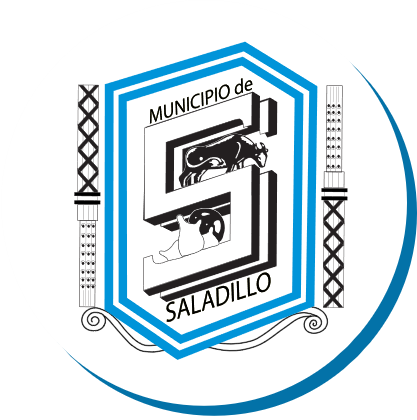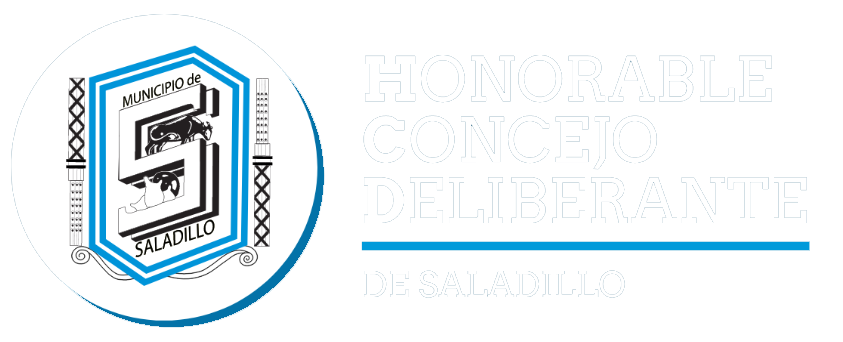Step five in learning how to become a product manager, is going out and meeting some of them in the wild. Of course, not all product management courses are created equal—there are many options on the market that won’t provide all those benefits we just listed. If you’d like even more options, we’ve picked out 9 of the best free and paid product management courses in this guide.
Join our FREE Introduction to Facilitation workshop to learn collaborative leadership skills!
Group activities in which you learn to accept feedback and incorporate ideas from your peers can teach you to collaborate as part of a team. General Assembly’s User Experience Design Immersive is a transformative course designed for you to get the necessary skills for a UX Design role in three months. Questions may be referred to the Title IX Coordinator, Office of Affirmative Action and Equal Opportunity, or to the Office for Civil Rights. Contact information, related policies, and complaint procedures are listed on the statement of non-discrimination.
Should You Become a Product Manager?
Product management involves coordinating and overseeing each stage of the product life cycle and ensuring a product’s success. Product managers typically lead a product team, drawing on their knowledge of technology and business to be a cross-functional success. Product managers are technology professionals who focus on the vision of a product or service. They set the strategy and roadmap for the product, working cross-functionally to define and execute its success. Startups, especially early-stage startups, often seek individuals who can handle multiple roles, making them a great entry point for aspiring product managers.
Product Management for Higher Education
Most importantly, try to ask these PMs what problems they are currently thinking about programmer problem-solving. At the end of the day, good side projects should demonstrate your skills in ways an interview or resume wouldn’t be able to, whether it be design, business, creative thinking, or coding. These approaches even address the question of how to become a product manager without prior experience. As with any career, product management has its advantages and disadvantages, which individuals should consider when pursuing this profession.
How to Become a Product Manager: Your Complete Step-by-Step Guide
Though you might not have thought of it as project management at the time, your past experiences may have exposed you to the skills you’ll need as a project manager. You’ll want to build your skills, whether you are just starting or switching from another role. You can do this by reading books, blogs, and podcasts to explore product management concepts and terminology on the product lifecycle, building roadmaps, and product development. Product management exists at the intersection of business, technology, and user experience (UX) design. It often requires developing strong relationships with cross-functional teams to plan and bolster a product’s success. This includes being able to comprehend project financials, profit and loss, and the ability to create and adhere to a project budget.
If you’re still reading, we’ll assume you answered yes to at least two of the questions above. The good news is that, as the tech staffing company Triumph Strategic Consulting explains, there is plenty of skill overlap between project management and product management. At ProductPlan, we think those are just some of the many reasons a product management career can be so rewarding. That’s why we encourage anyone interested in doing so to pursue a career as a product manager, whatever their professional background is. So, whether you’re just starting out or looking to make a career change, read on to discover everything you need to know to become a successful product manager.
How to make the transition to product management
- Product managers are technology professionals who focus on the vision for a product or service.
- You can master these skills at universities, bootcamps, or various online resources such as tutorial videos and blogs.
- The role has a special mystique because it requires no coding, a rarity among tech jobs.
- At a coding bootcamp, you can learn cyber security, project management, software development, and, data science, all skills that can come in handy in a product management role.
- Imagine being the maestro of an orchestra, where technology, business, and design are your instruments.
Stay adaptable, build strong relationships, focus on continuous improvement, and always keep the customer at the center of your product strategy. Online learning platforms like Coursera, edX, and Udemy offer product management courses from top universities and industry experts. These courses cover a wide range of topics, from product strategy to user experience design. A common question for aspiring product managers is whether a specific product management degree is required to enter the field. You can build your network by attending events, meetups, conferences, or workshops related to product management or your domain of interest. You can also join online communities, forums, or groups where you can interact with other product managers or aspiring product managers.
Director of Product Management
Once you’ve successfully transitioned to a product management role, use your project management experience to your advantage. Your ability to manage resources, timelines, and deliverables can be a valuable asset in your new position, helping you excel in your new career. Conversely, a Product Manager is the custodian of the product lifecycle, from conception through to retirement. PdMs delve deep into understanding market demands, customer needs, and competitive landscapes to shape a product vision and strategy.

